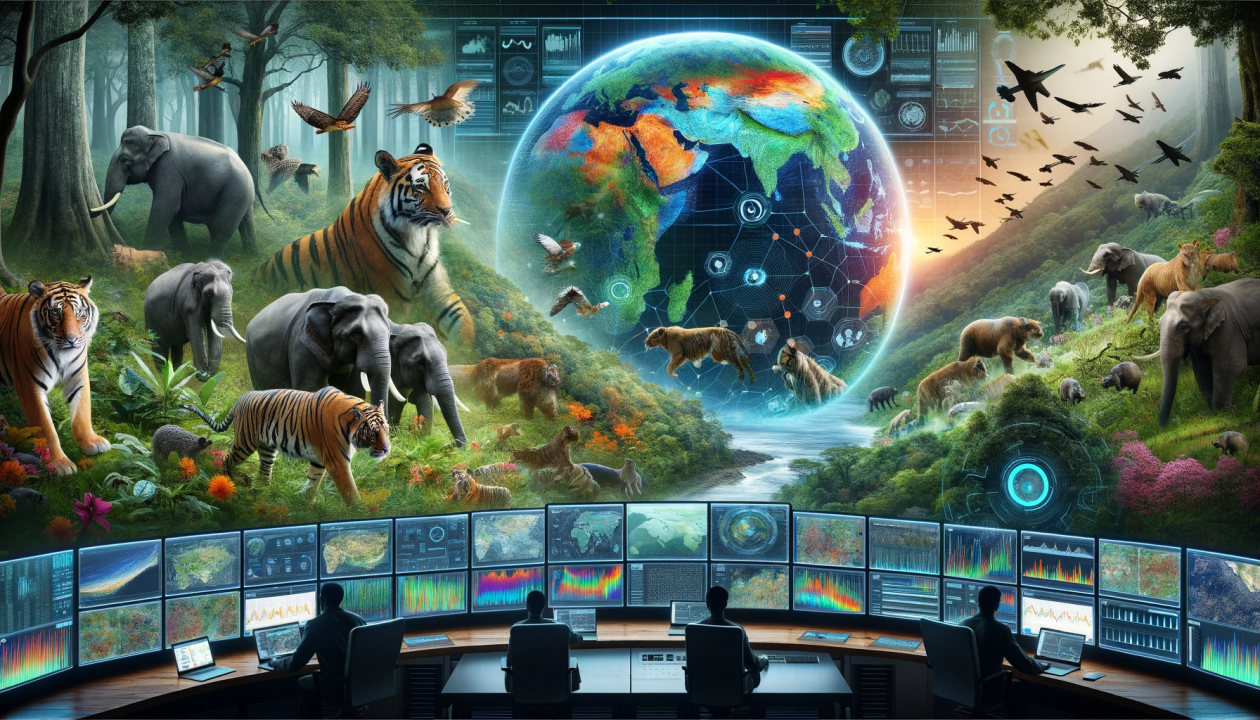justineanweiler.com – The gaming industry has been evolving at a rapid pace, and gaming consoles are at the forefront of this transformation. From the early days of simple 8-bit systems to today’s powerful machines capable of 4K gaming, consoles have continuously pushed the boundaries of what’s possible. But what does the future hold for gaming consoles? As technology advances, we’re on the brink of a new era that could redefine how we experience games. Here are some of the key trends and possibilities shaping the future of gaming consoles.
1. Cloud Gaming and Streaming: A Console-Less Future?
One of the biggest shifts we may see is the rise of cloud gaming, where games are streamed directly to your device without the need for a powerful console. Services like Google Stadia, NVIDIA GeForce Now, and Xbox Cloud Gaming are already offering this experience, allowing players to game on almost any device with a good internet connection.
In the future, traditional consoles may become less about hardware and more about software platforms. Instead of needing to buy a physical console, players could stream high-quality games from the cloud on smart TVs, phones, or tablets, without worrying about processing power or storage. However, this also depends on the widespread availability of high-speed internet, which is still a challenge in many parts of the world.
2. Augmented Reality (AR) and Virtual Reality (VR) Integration
The future of gaming consoles is likely to include more advanced AR and VR technologies. While current consoles like the PlayStation VR and Meta Quest provide immersive experiences, future consoles will likely take this to a new level. We can expect wireless, lightweight VR headsets with higher resolution, better field of view, and more responsive motion tracking, creating even more immersive gaming experiences.
Augmented Reality (AR) could also play a bigger role in gaming. Imagine playing a console game where your physical environment is blended seamlessly with the game world. AR could allow players to interact with game elements in real life, opening up new possibilities for storytelling and gameplay.
3. Artificial Intelligence (AI) in Gaming
AI will play a crucial role in shaping the future of gaming consoles. Advanced AI can be used to enhance in-game experiences in ways we can only imagine today. Future consoles may leverage AI-driven characters that adapt to player behavior, providing more dynamic and personalized gaming experiences.
AI will also improve how games are developed and optimized. Imagine a future where AI systems help developers create more realistic worlds, optimize gameplay mechanics, or even auto-generate levels based on player preferences. AI will also help reduce load times and improve game performance by predicting in-game events and optimizing resources accordingly.
4. 4K and 8K Gaming with Ray Tracing
Today’s consoles, like the PlayStation 5 and Xbox Series X, are already capable of 4K gaming with ray tracing, a technology that enhances lighting and reflections in games for a more realistic experience. The next step is 8K gaming, offering even higher resolution and more detail.
As TV technology catches up with gaming consoles, we can expect future consoles to fully support 8K resolution and even more advanced ray tracing. Combined with HDR (High Dynamic Range), these consoles will deliver unprecedented visual fidelity, making games look almost lifelike.
5. Modular Consoles: Customizable Hardware
A concept that could gain traction in future consoles is modularity. Instead of buying a completely new console every few years, future gaming systems may allow users to upgrade specific components, similar to how PC gaming works today. For example, players could swap out the graphics card, storage, or even the CPU to keep their console current without having to purchase an entirely new device.
Modular consoles would appeal to both hardcore gamers, who want the latest technology, and casual gamers, who prefer not to upgrade as often. This approach would also reduce electronic waste, making consoles more environmentally friendly.
6. Cross-Platform and Cross-Generation Play
One trend that has been growing and will likely continue in the future is cross-platform compatibility. Players are increasingly demanding the ability to play with friends across different devices, whether it’s PC, console, or mobile. Future consoles are likely to embrace cross-platform play as a standard feature, allowing seamless interaction between different gaming ecosystems.
Additionally, backward compatibility will continue to be important. Gamers want to play their favorite titles from previous console generations, and future consoles will likely offer full support for older games. With the growth of digital libraries, being able to access past purchases on new consoles will be a key feature.
7. Sustainability and Eco-Friendly Gaming
As environmental awareness grows, future gaming consoles may focus more on sustainability. Console manufacturers are likely to use more eco-friendly materials, energy-efficient hardware, and production processes that reduce the environmental impact. Companies like Microsoft and Sony have already announced plans to make their consoles more sustainable, including the use of recyclable packaging and energy-saving modes.
Expect future consoles to continue this trend by becoming more efficient in power consumption and using sustainable manufacturing processes.
8. Social and Shared Gaming Experiences
Gaming consoles of the future will likely integrate even more social features. Already, consoles offer options to livestream games, share highlights, and interact with friends. However, future consoles will make gaming more of a shared experience, integrating social media platforms, offering more robust multiplayer options, and providing seamless sharing of content.
We may also see the rise of shared gaming universes, where players across different consoles can inhabit the same virtual worlds, experiencing the game together regardless of the platform they’re using.
9. Subscription-Based Gaming Services
The shift towards subscription-based gaming is already underway, with services like Xbox Game Pass and PlayStation Plus offering players access to extensive game libraries for a monthly fee. In the future, consoles may move further towards a service-based model, where access to games, updates, and exclusive content is tied to a subscription rather than individual purchases.
This could reduce the need for physical copies of games and allow players to explore a wider range of titles. Subscription services may also introduce new ways for gamers to enjoy exclusive content and early access to upcoming games.
Conclusion: A New Era of Gaming
The future of gaming consoles is incredibly exciting. With advancements in cloud gaming, AR/VR integration, AI-driven experiences, and cutting-edge visual technology, gaming consoles are evolving into much more than just hardware. They are becoming immersive entertainment ecosystems that will transform how we play, interact, and experience games.
As these technologies mature, consoles will continue to be at the heart of the gaming experience, offering players new ways to enjoy their favorite hobby while pushing the boundaries of what gaming can be. Whether it’s through modular hardware, cloud-based gaming, or AI-driven storytelling, the next generation of gaming consoles is set to revolutionize the industry once again.





